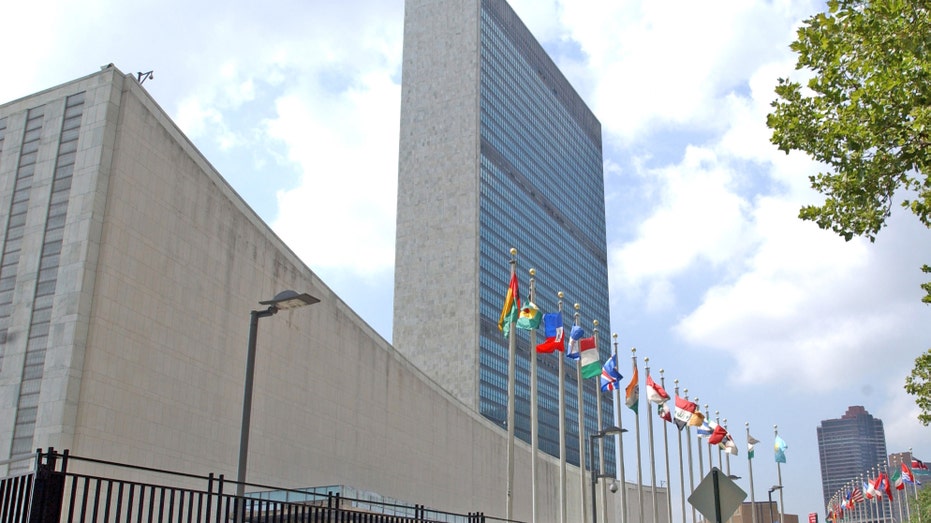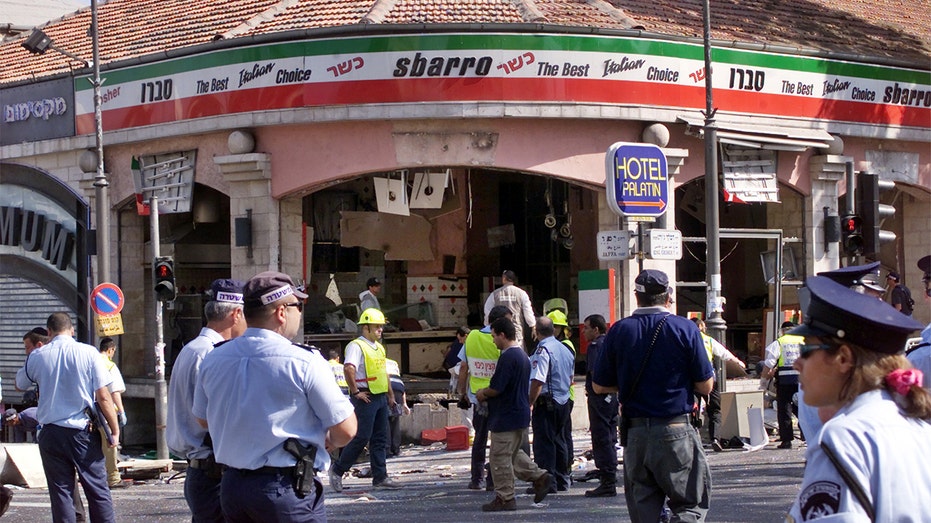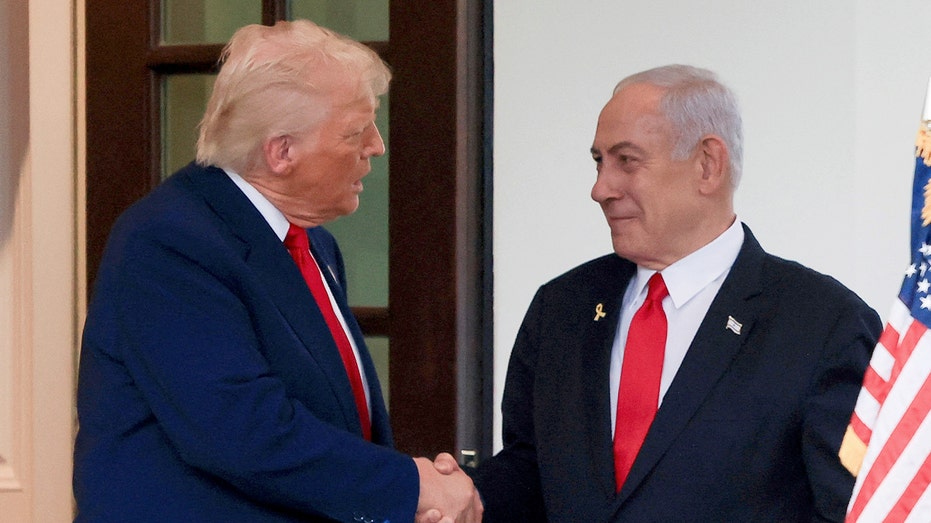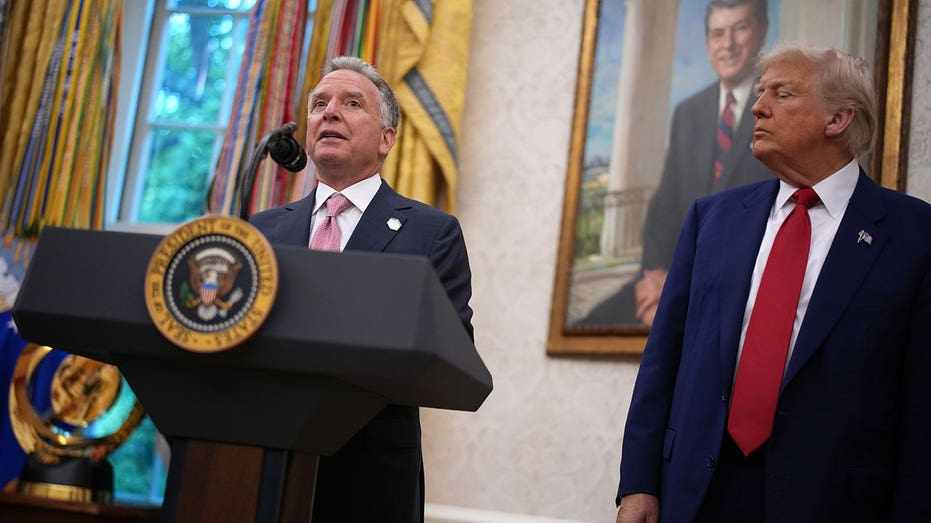UN Draft Report on Children in Conflict Zones Sparks Controversy Over Alleged Bias Against Israel

Sarah Johnson
March 9, 2025
Brief
A leaked draft of the UN's report on children in conflict zones faces criticism from Israel for alleged bias, omissions, and unverified accusations against the Israel Defense Forces.
The United Nations' annual report on children in conflict zones isn't officially due out until June, but a draft obtained by Fox News Digital is already stirring up controversy. Critics, particularly from Israel, are raising concerns over what they see as glaring omissions and questionable accusations within the report.
The draft report, which focuses on Israeli and Palestinian children, appears to mix verified and unverified data without clarifying who conducted the verifications. This lack of transparency has left many questioning the credibility of the findings. Further fueling doubt, the report excludes significant instances of Israeli victims while making serious allegations against Israel.
Israeli U.N. Ambassador Danny Danon didn’t mince words, calling the report a "platform for baseless slander against Israel." His statement, shared exclusively with Fox News Digital, underscores Israel's refusal to accept what it considers a biased narrative.
One particularly inflammatory claim in the report accuses the Israel Defense Forces (IDF) of kidnapping a Palestinian girl. While the report states that the incident was verified, it provides no details about who verified it, where the alleged abduction occurred, or the child's current status. Such omissions make the accusations feel more like a half-finished puzzle than a credible claim.
Even more shocking is the assertion that IDF soldiers used 27 Palestinian children as human shields in the West Bank and Gaza. The report again claims these cases were verified but offers no information on the sources. It's worth noting that while the IDF has no documented history of such practices, Hamas has been accused of using human shields for years—an irony not lost on critics.
The U.N. also seems to flip the script on another Hamas tactic: using schools and hospitals as military outposts. Both Israel and the U.S. have provided evidence that Hamas has used facilities like Gaza's al-Shifa Hospital for military purposes. Yet, the draft report appears to place blame for such actions on Israel instead.
Another contentious point is the report’s condemnation of Israel for restricting humanitarian aid to Gaza. Missing from the narrative, however, is the fact that Hamas and other Palestinian armed groups have been documented looting aid shipments. According to the United Nations Relief and Works Agency (UNRWA), 97 of 109 aid trucks entering Gaza in November 2024 were "violently looted." Somehow, this detail didn't make the cut.
Perhaps most glaring is what the report overlooks. While it briefly mentions two Israeli boys killed in captivity in Gaza, it fails to name them—Kfir and Ariel Bibas—or acknowledge that they were murdered by their captors. Similarly, there’s no reference to the 12 Druze children killed by Hezbollah rocket fire while playing soccer in northern Israel. Such omissions have led critics to accuse the U.N. of downplaying Israeli suffering.
Ambassador Danon summed up the frustration of many Israelis, stating, "The secretary-general once again chooses to blatantly ignore the violence and harm done to Israeli children. Based on this report, Israeli lives do not matter and are not worthy of attention. Israel will not let diplomatic terrorism prevail."
Topics
Editor's Comments
The draft report is a masterclass in selective storytelling, cherry-picking data to paint a narrative that seems heavily weighted against Israel. The lack of transparency in verifying incidents and the omission of critical context—like Hamas's well-documented use of human shields and looting of aid—raises serious questions about the report's credibility. It's hard to ignore the glaring irony: the UN's spotlight dims precisely where it should shine brightest—on the full scope of suffering in conflict zones, regardless of nationality.
Like this article? Share it with your friends!
If you find this article interesting, feel free to share it with your friends!
Thank you for your support! Sharing is the greatest encouragement for us.



